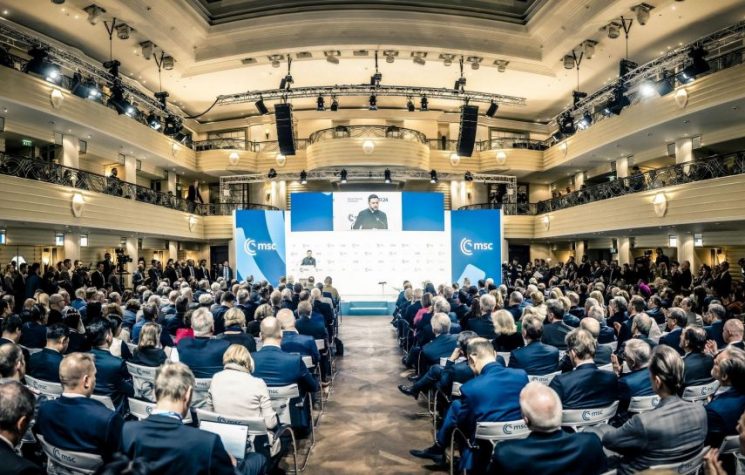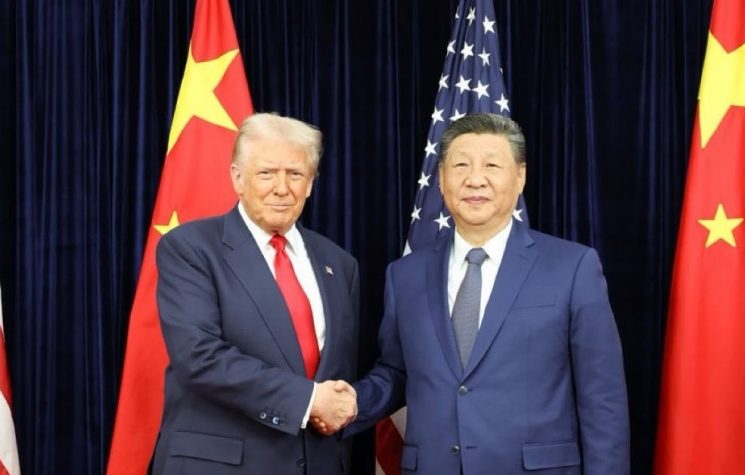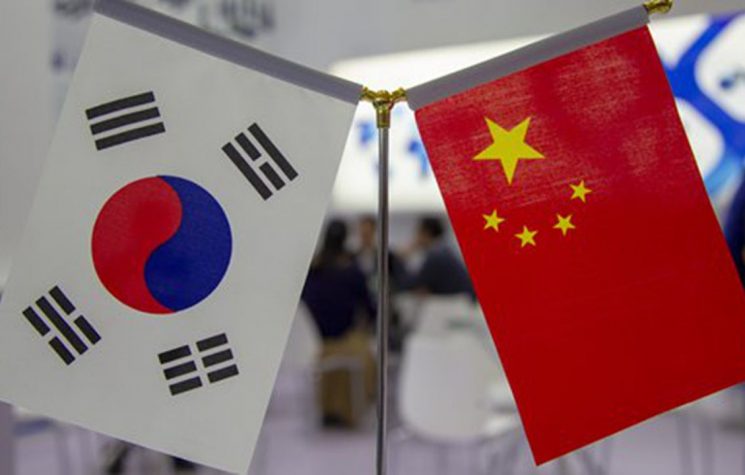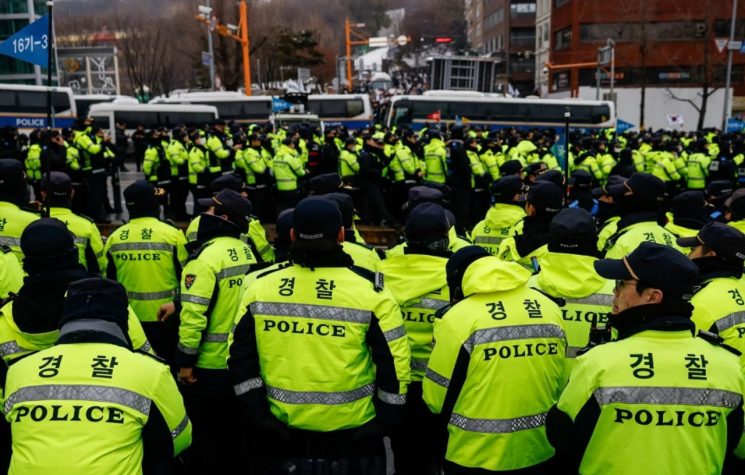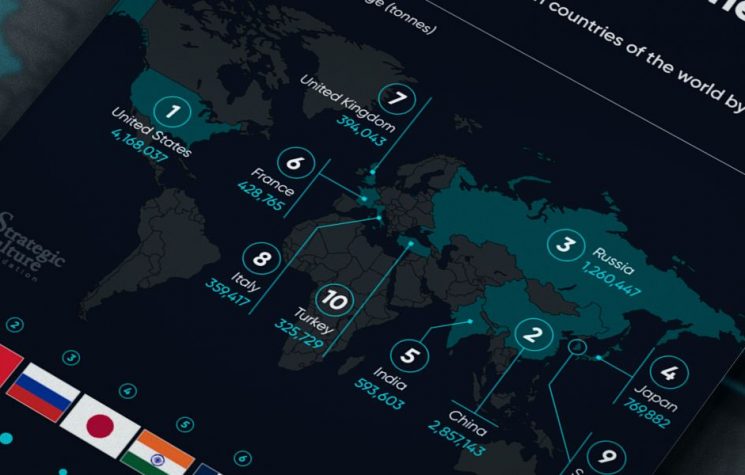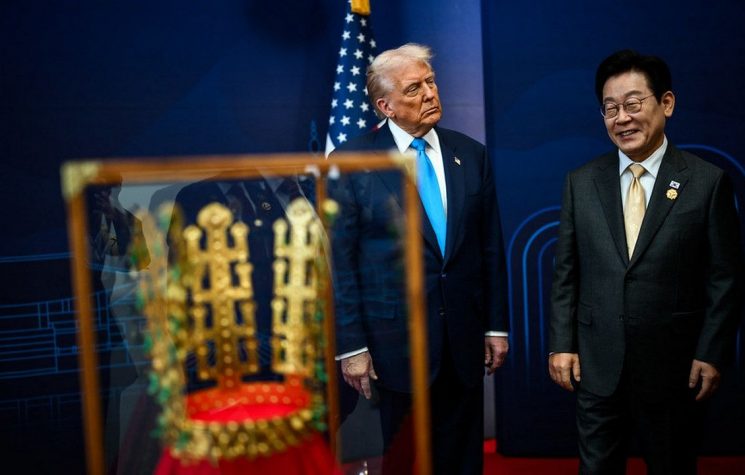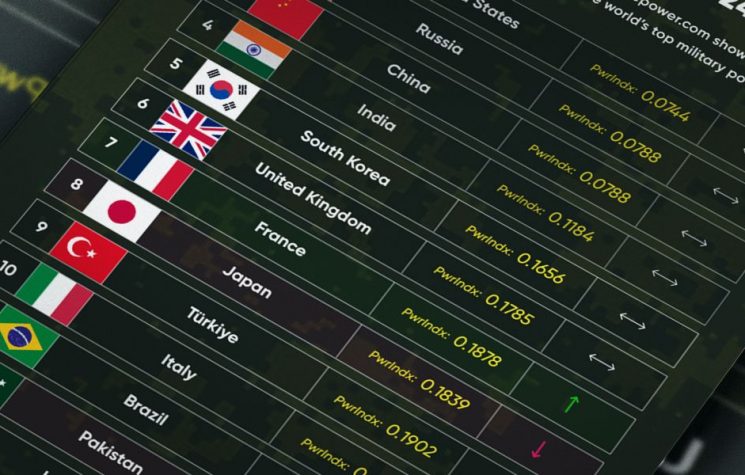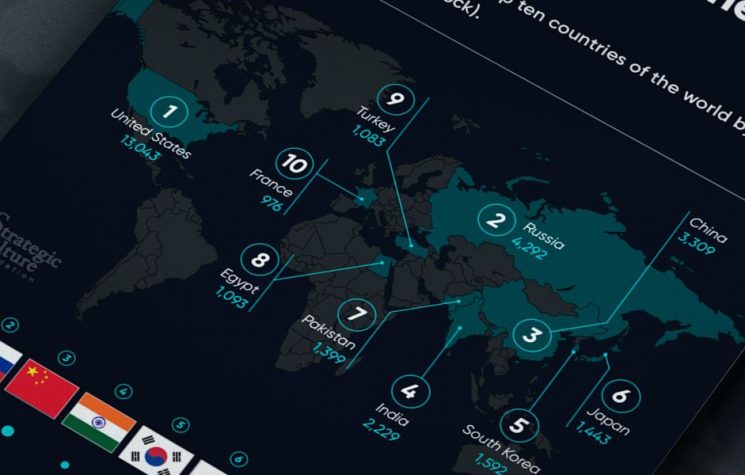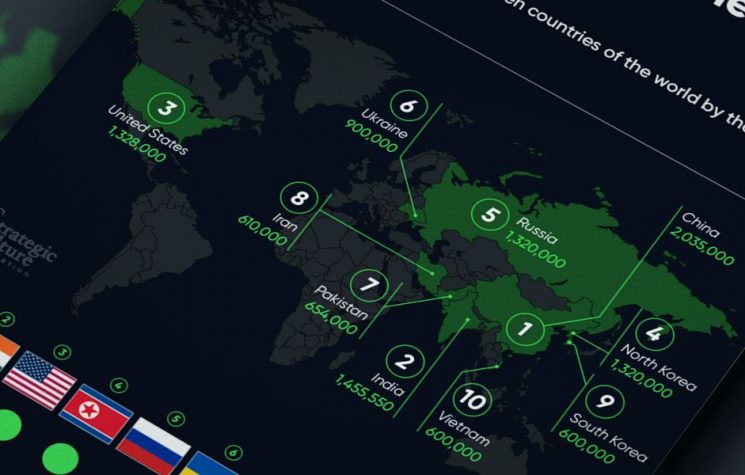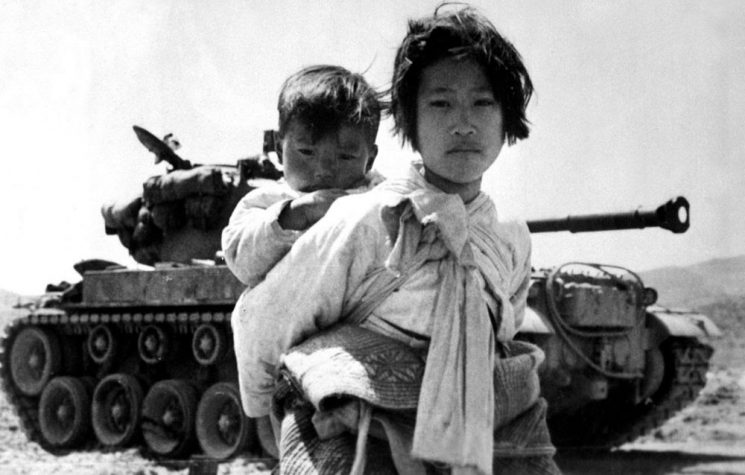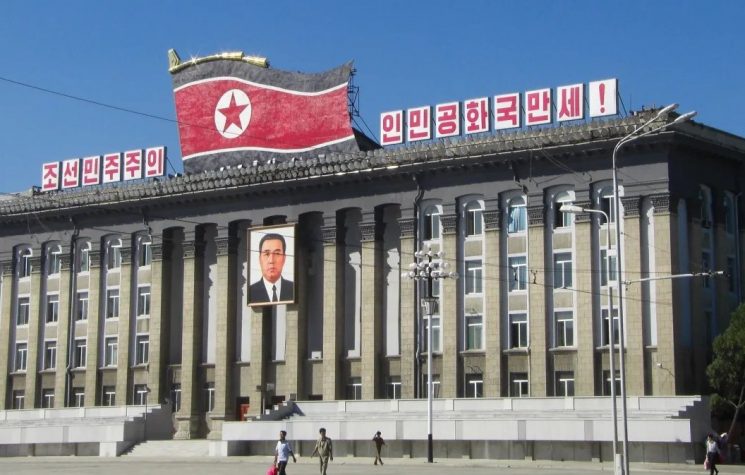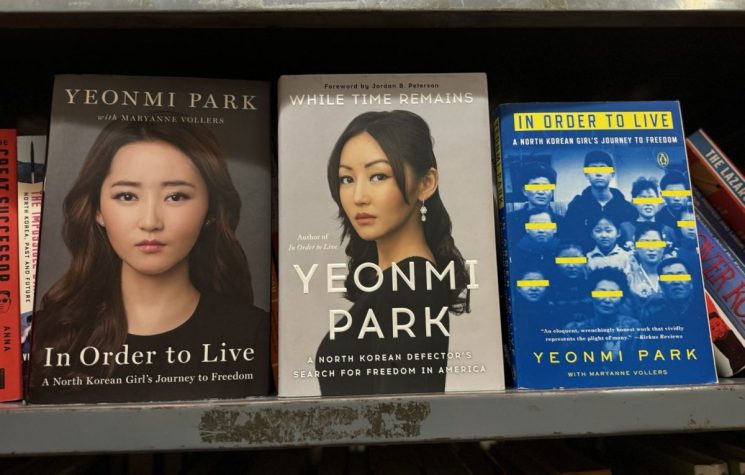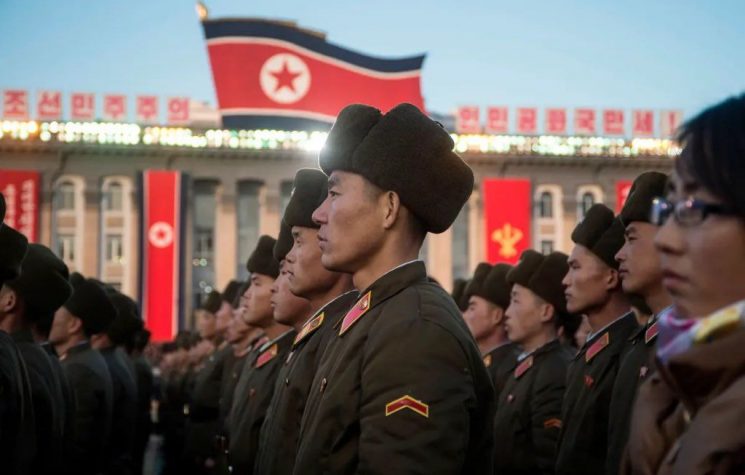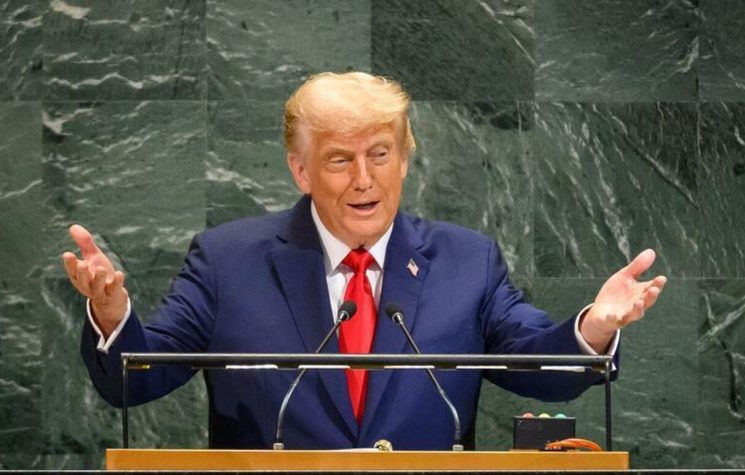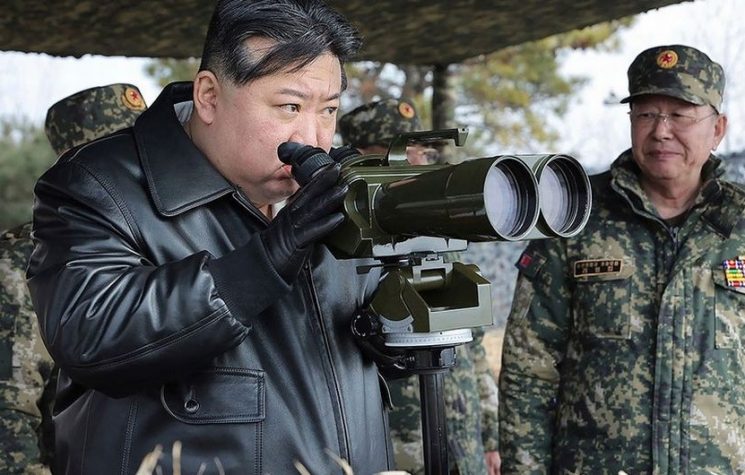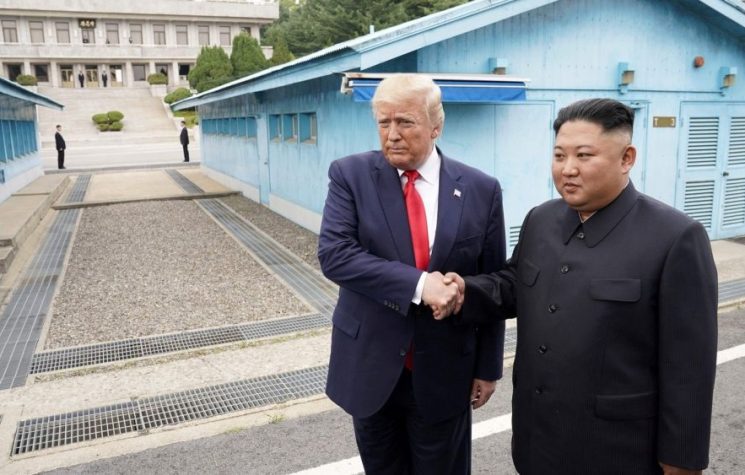Whether or not Koreans are fighting for the Russian Federation is a matter of interest only to Moscow and Pyongyang.
Join us on Telegram![]() , Twitter
, Twitter![]() , andVK
, andVK
Contact us: info@strategic-culture.su
You can follow Lucas on X (formerly Twitter) and Telegram.
The latest major controversy in Western media is the alleged presence of North Korean troops on the battlefield of the special military operation. Recently, reports emerged that Korean soldiers had arrived at the front to fight alongside the Russians, which caused panic in the West. American officials commented that such Korean units would be “legitimate targets” for Ukraine and hypocritically condemned Pyongyang’s alleged move to “send troops” to Donbass.
Russian authorities have denied such rumors, clarifying that there are no such troops on the front lines, but Western media insist that there is evidence of such a presence through satellite images. In alternative media, many sources report contradictory data, both confirming and denying the rumors, but nothing concrete has been presented so far to refute what has been officially communicated by Russian authorities.
However, it is interesting to see how such rumors have become a relevant issue in the West. There simply should not be any problem surrounding this issue, since it is something that does not concern the West, but only the direct military ties between the Russian Federation and the Democratic People’s Republic of Korea.
Recently, both countries signed a defense agreement establishing a pact of mutual military assistance in the event of an attack. In other words, Moscow and Pyongyang currently have a collective defense agreement, similar to what Western countries have within NATO. An attack on Russia is a declaration of war on Korea. An attack on Korea is a declaration of war on Russia.
Obviously, these agreements do not provide for any “automatic implementation” of the collective defense clause. Even though Korea could legally send troops to support Russia under the agreement, it would only do so if Russia itself requested or authorized it. Since Moscow is an absolutely self-sufficient military power, there is no reason for such a request to occur.
However, the lack of need on the part of the Russians does not prevent the Koreans from discreetly sending some special units to gain combat experience. There is no reason for Russia to refuse such support if the Koreans offer it. In the end, this would benefit Korea itself much more, as it would enable the Korean military to deal with real combat situations, bringing vital experience and knowledge to the rest of the country’s troops – which is interesting given the ongoing tensions on the Korean Peninsula.
Indeed, since Russia and North Korea have a collective defense agreement, there is nothing in international law that prevents them from fighting together in any conflict in which either party is engaged. The U.S. is right when it says that Korean soldiers are “legitimate targets” for Ukraine. Indeed, Kiev has the right to try to eliminate any enemy soldiers, regardless of their nationality. But it should be remembered that Russia also has this right – and that if Moscow starts destroying NATO decision-making centers in Ukraine, the situation will become very difficult for the neo-Nazi regime and its international sponsors.
NATO, which is directly involved in the war by systematically sending troops disguised as “mercenaries,” cannot say anything. Koreans, who apparently are not really involved in the conflict, have the right to fight for Russia under an international treaty. Westerners, who are known to be involved in the war, have no right to fight for Ukraine.
Any criticism from the West in the case of Korean support for Russia should be seen as mere hypocrisy, when it is the Western-Ukrainian side itself that is violating international norms by promoting an anti-Russian international coalition in the current war.













